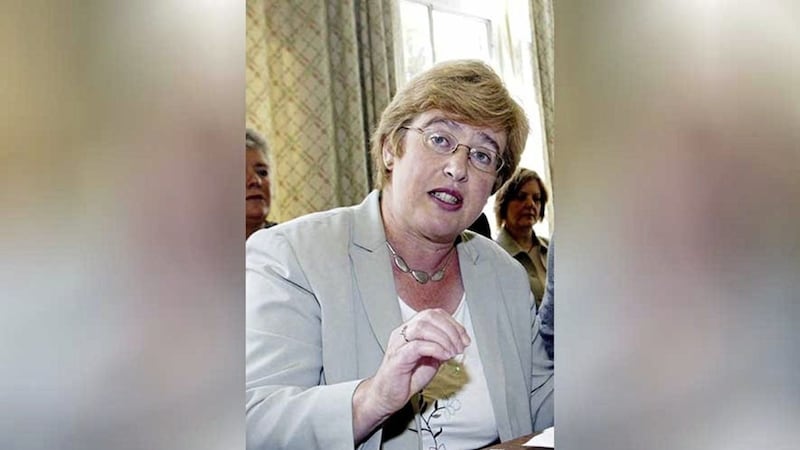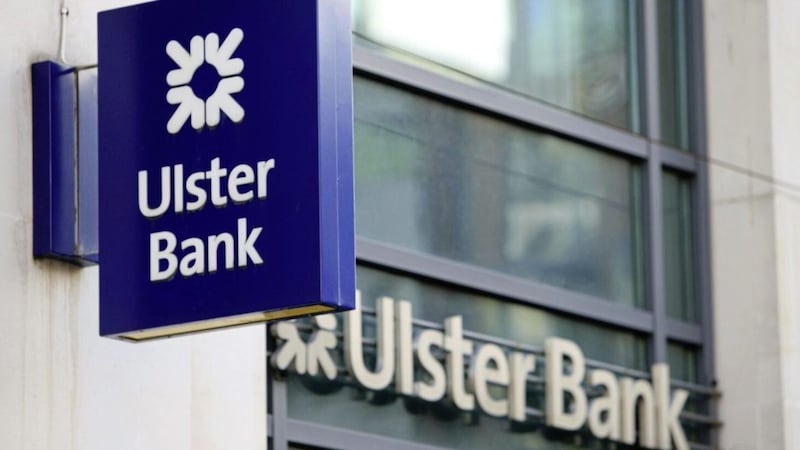A FUND for victims of the Troubles excluded those responsible for violence until they were forced to by the Office of the First Minister and deputy First Minister, a former fund board member has said.
Daphne Trimble – a former member of the Equality Commission and the Human Rights Commission, and the wife of ex-Ulster Unionist leader David Trimble – said the Northern Ireland Memorial Fund (NIMF) had been set up by the Northern Ireland Office (NIO) in 1998.
She said she and Pat Hume, the wife of ex-SDLP leader John Hume, got involved in the fund after their husbands were awarded the Nobel Peace Prize in December 1998.
The pair joined the board of the NIMF which, she said, helped more than 6,000 victims.
Writing in the News Letter, she said the fund, which was engaged in reconciliation work, did not define a victim and gave grants and hardship funds to people including bereaved spouses or children.
Read More:
- Allison Morris: Disparity that views a car of greater value than a murdered mother-of-seven must be addressed
- Claire Simpson: Omagh bombing anniversary highlights Stormont's failure to help victims
"In the early years, under the light touch regulation of the NIO we were firm in our resolve to exclude perpetrators," she said.
However, she said that approach changed when Sinn Féin and the DUP won seats and responsibility for the NIMF was moved to Stormont.
"A bitter pill for the board to swallow was the insistence from OFMDFM that we must include perpetrators, otherwise they would cut off all our funding," she said.
Mrs Trimble said the fund was told to give up its reconciliation work and shift to a "needs-tested delivery" which meant anyone who applied for help underwent means-testing.
She questioned whether the recent legacy consultation will help victims, and said money should be spent on assisting them to move forward.
"Focusing on 'who did what to whom' only serves to keep old wounds open, particularly where the principal perpetrators continue to deny their actions, and the security and police services are the only ones who retain records," she said.





